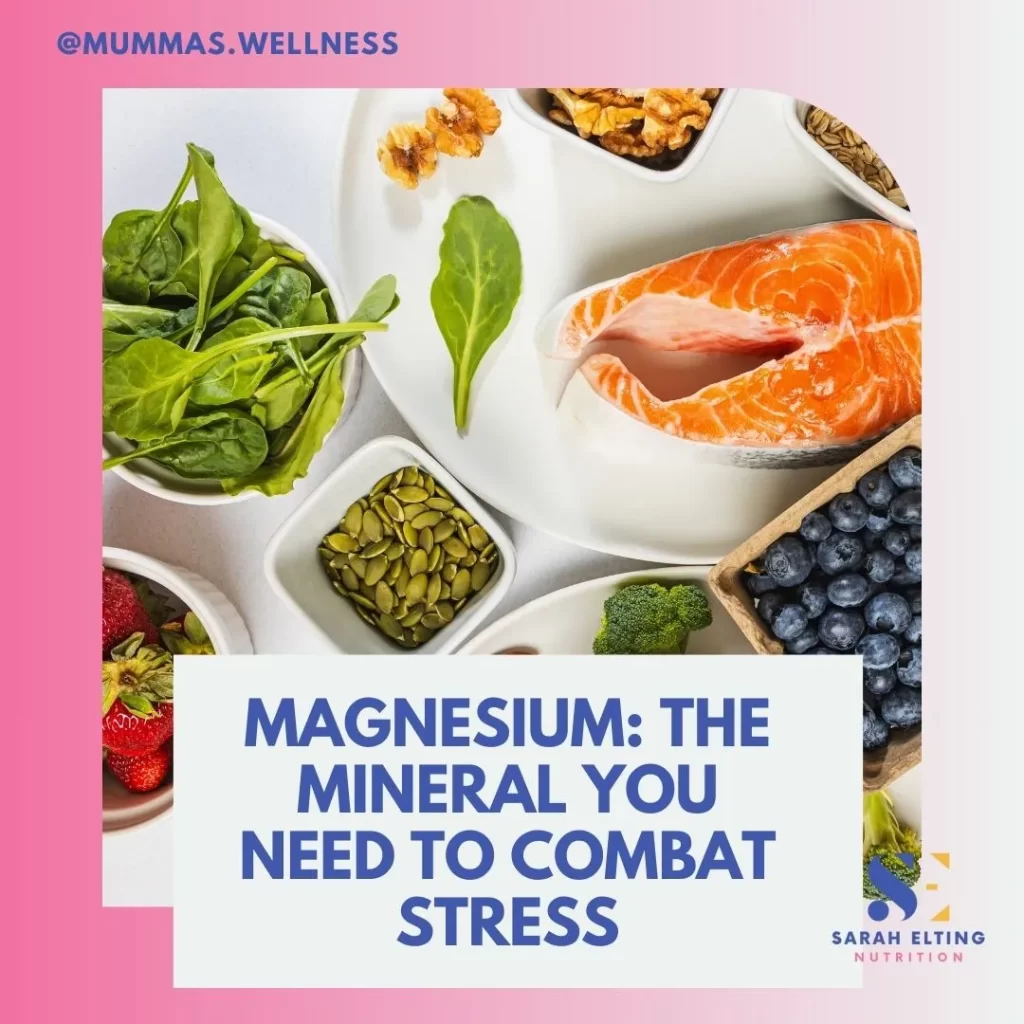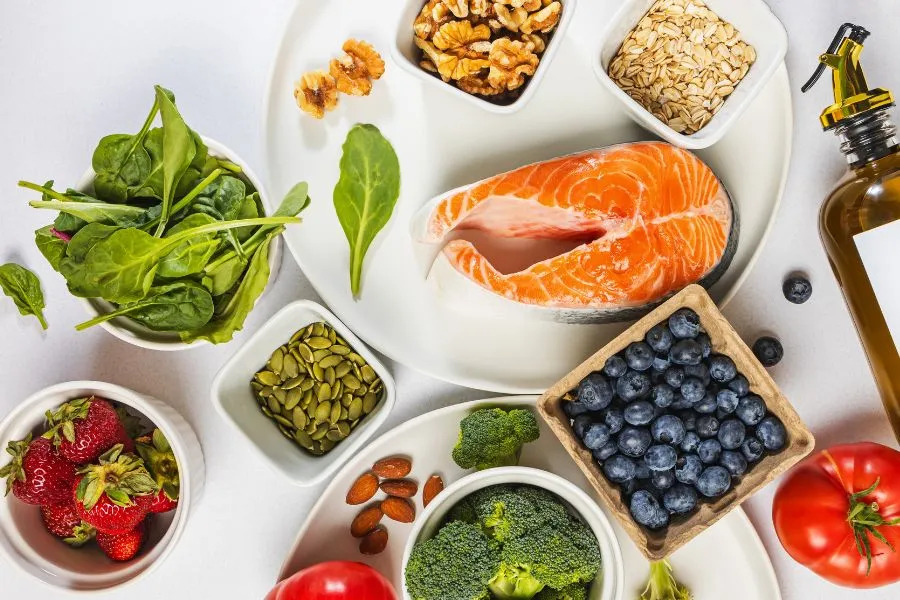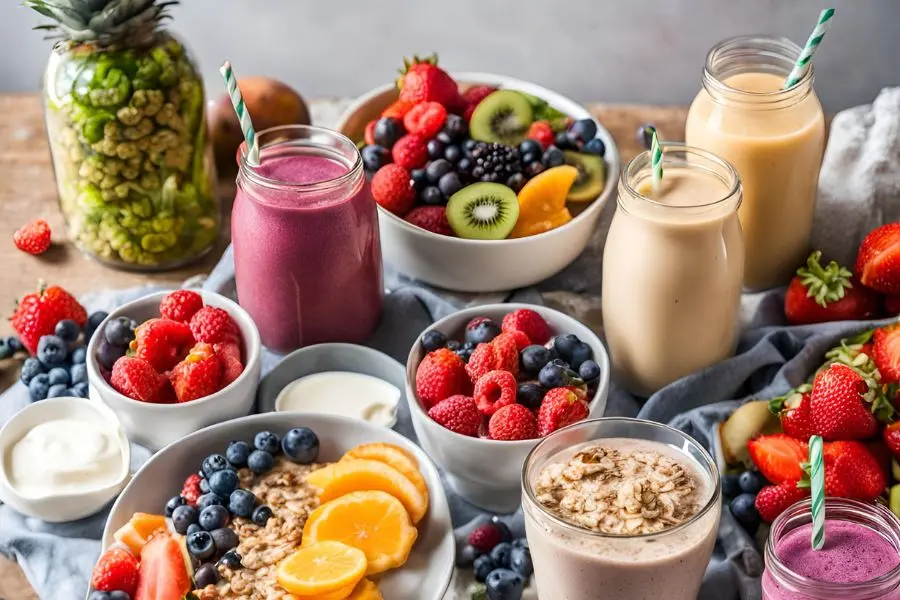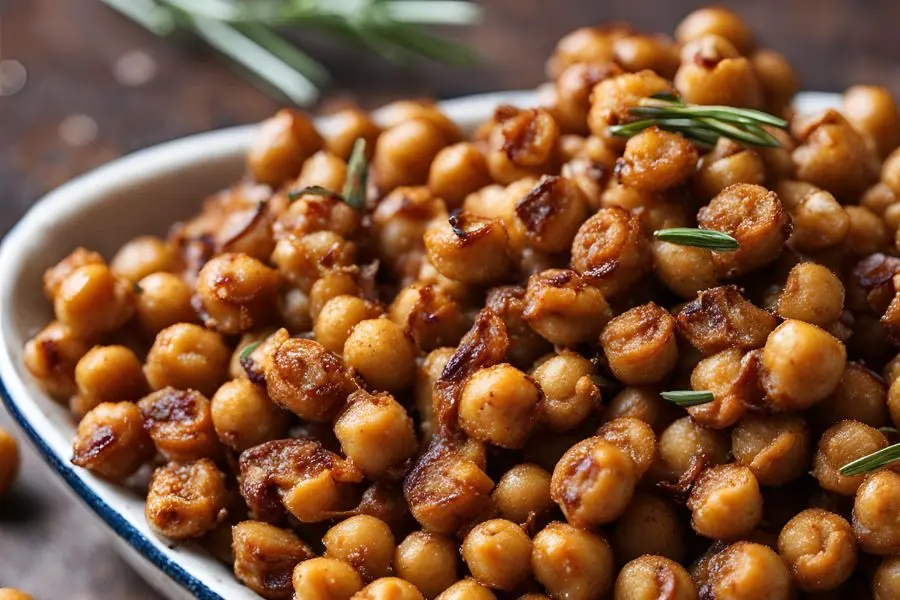Magnesium is a vital mineral that plays a key role in many bodily functions, including energy production and stress management. Despite its importance, many people don’t get enough magnesium in their diet. Let’s delve into how magnesium supports energy and reduces stress, and discover the best food sources to ensure you’re getting enough of this essential mineral.
1. Magnesium and Energy Production
Magnesium is crucial for energy production in the body. It activates adenosine triphosphate (ATP), the molecule that provides energy for almost all cellular processes. Without sufficient magnesium, your cells can’t produce energy efficiently, leading to fatigue and low energy levels. Including magnesium-rich foods in your diet can help maintain optimal energy levels throughout the day.
2. Magnesium and Stress Reduction
Magnesium helps regulate the body’s response to stress by controlling the release of stress hormones like cortisol. It also promotes relaxation by binding to gamma-aminobutyric acid (GABA) receptors, a neurotransmitter that has calming effects on the nervous system. Adequate magnesium levels can help reduce anxiety, improve mood, and promote better sleep.
3. Magnesium-Rich Foods
Leafy Greens
Leafy greens like spinach, Swiss chard, and kale are excellent sources of magnesium. Incorporating these greens into your diet can help boost your magnesium intake and provide other essential nutrients like iron and vitamins A and C.
Nuts and Seeds
Nuts and seeds, including almonds, cashews, pumpkin seeds, and sunflower seeds, are rich in magnesium and healthy fats. Snacking on a handful of nuts or adding seeds to your salads and yogurt can significantly increase your magnesium intake.
Whole Grains
Whole grains like brown rice, quinoa, and oats are not only high in fibre but also provide a good amount of magnesium. Choosing whole grains over refined grains can help you meet your daily magnesium needs while supporting overall health.
Legumes
Legumes such as black beans, chickpeas, and lentils are great plant-based sources of magnesium. They are also high in protein and fibre, making them a nutritious addition to your meals.
Dark Chocolate
Dark chocolate is not only a treat but also a good source of magnesium. A small piece of dark chocolate (at least 70% cocoa) can satisfy your sweet tooth and contribute to your daily magnesium intake.
Fish
Fatty fish like salmon, mackerel, and halibut are rich in magnesium and omega-3 fatty acids. Including fish in your diet can help you reap the benefits of magnesium while supporting heart and brain health.
Magnesium is essential for maintaining energy levels and managing stress. By incorporating magnesium-rich foods into your diet, you can support your body’s energy production and enhance your ability to handle stress. Ensure you’re getting enough of this vital mineral by enjoying a variety of leafy greens, nuts, seeds, whole grains, legumes, dark chocolate, and fish. Prioritizing magnesium-rich foods will help you feel more energized and less stressed, contributing to overall well-being.









